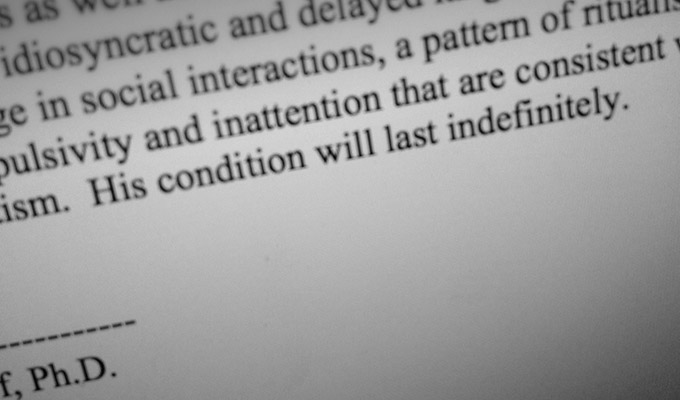 Today we received the results of a psychological exam C underwent a few weeks ago, and the first line made me smile: "C is a very handsome, 3-year-5-month old male…" Those words echoed words written in one of his first evaluations: "C is a darling little boy…"
Today we received the results of a psychological exam C underwent a few weeks ago, and the first line made me smile: "C is a very handsome, 3-year-5-month old male…" Those words echoed words written in one of his first evaluations: "C is a darling little boy…"
Like the earlier evaluation, this latest one was thorough and contained few if any surprises. However, the very last sentence had the opposite effect of the opening line. It read, "His condition will last indefinitely."
I was sitting at my desk, the words ringing in my ears as if they had been yelled in an echo chamber. I felt the wind go out of me, and that surprised me: I've come to accept the fact that C will always have autism, that this condition isn't going away. I've even come to accept that wishing autism would go away is like wishing C would go away, and I don't ever want that to happen.
I have high hopes for C. I'm very optimistic that with work and love and patience, he will make great strides. I'm not delusional, I understand the reality of his situation, but I've come to love many of the quirks that make C my darling little boy.
And yet a few succinct if accurate words from a trained professional can make me feel like I'm falling apart at the seams...but only for a moment.



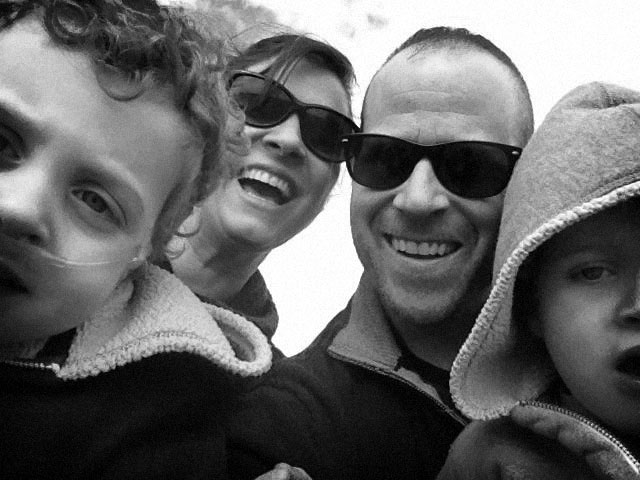


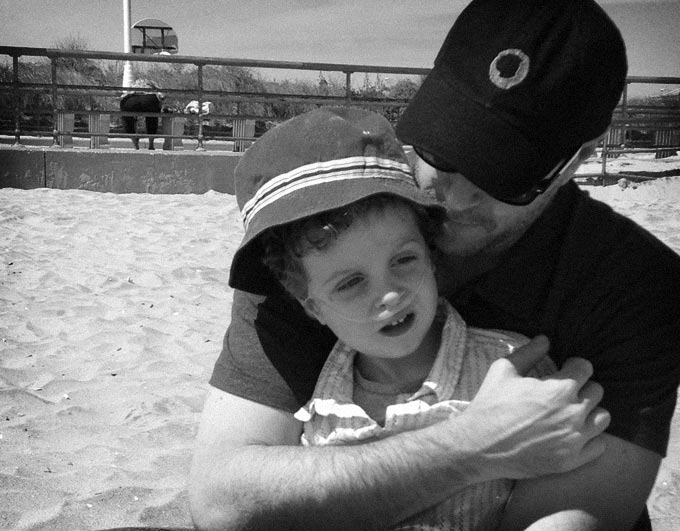
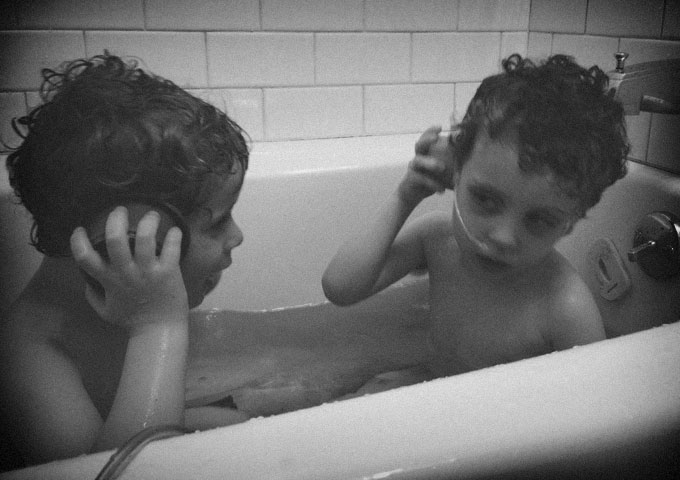
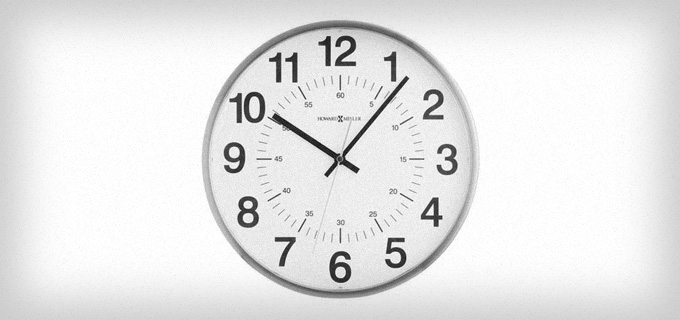
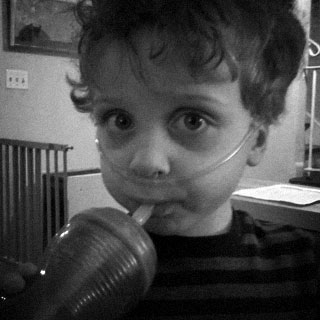 And the clock ticks on, every moment that passes an accusatory question: Did we do enough exercises today? Did we work hard enough to counteract the effects of autism? Or did we squander our precious time, and thus jeopardize a bit of our son's future?
And the clock ticks on, every moment that passes an accusatory question: Did we do enough exercises today? Did we work hard enough to counteract the effects of autism? Or did we squander our precious time, and thus jeopardize a bit of our son's future?